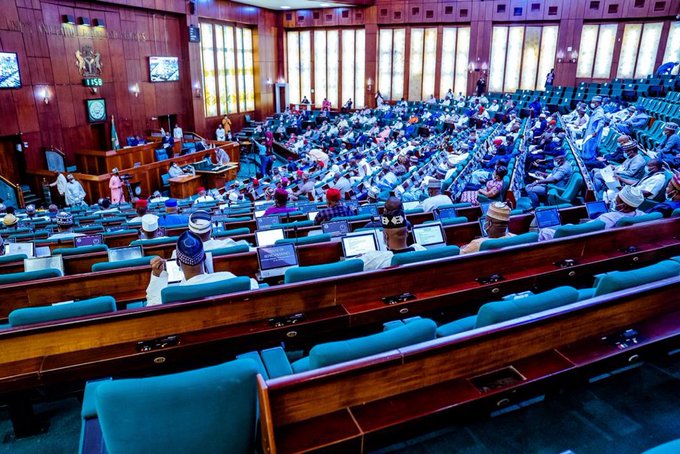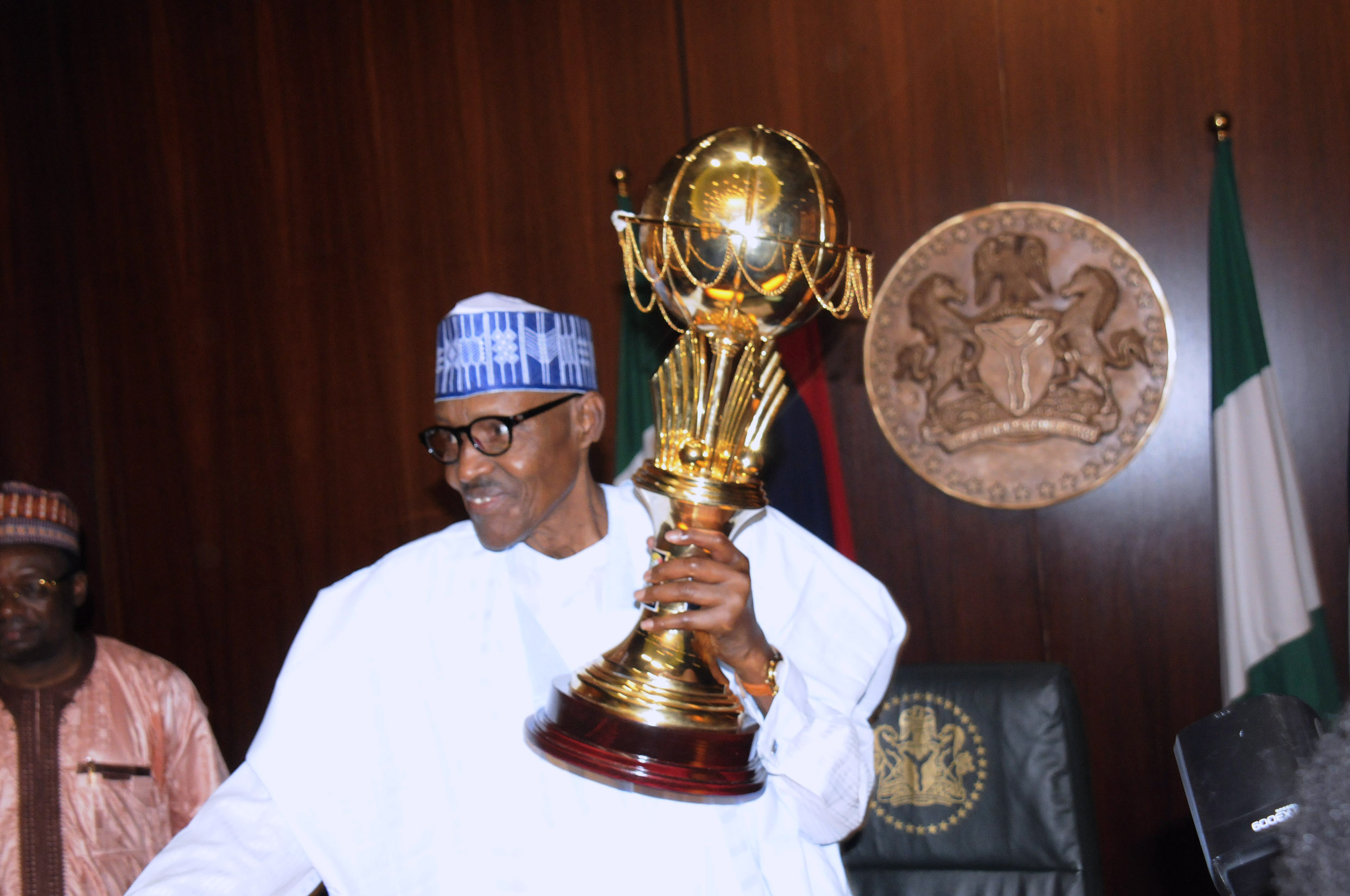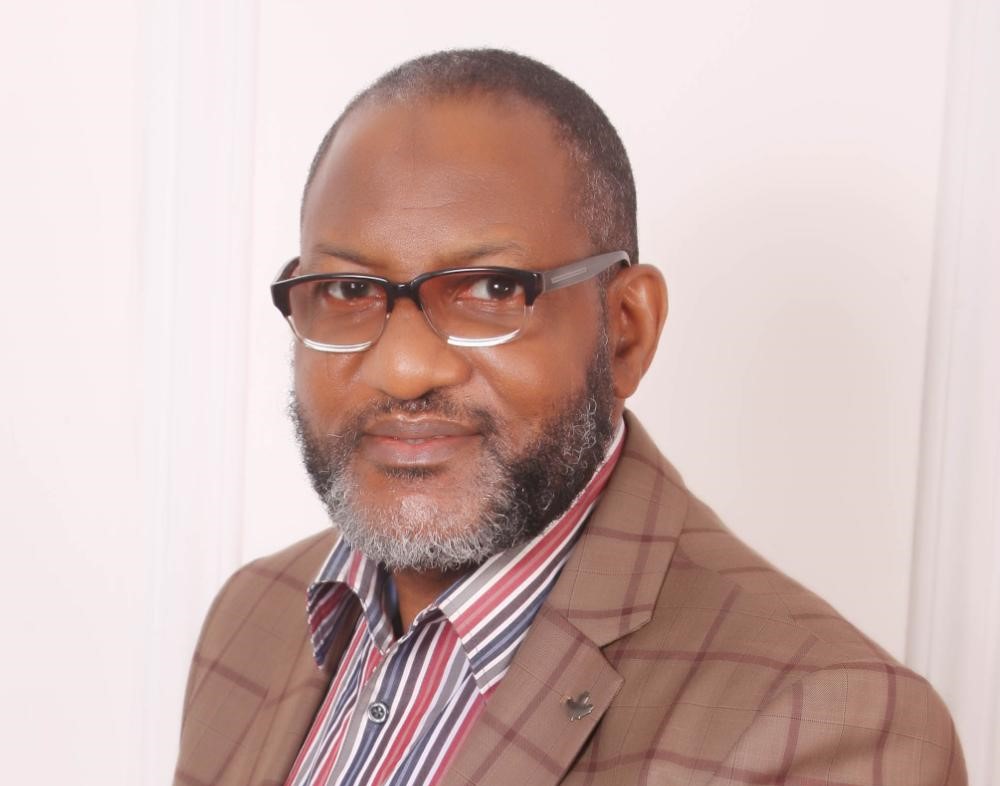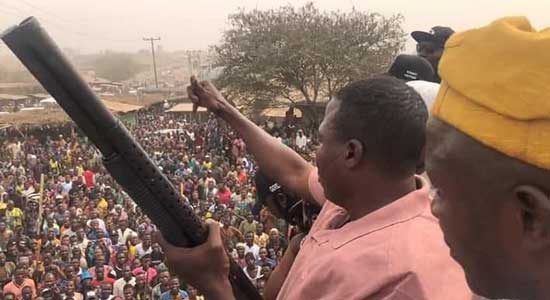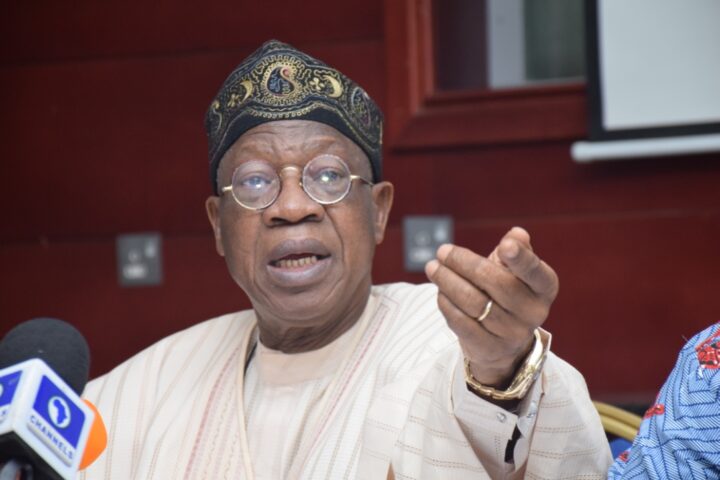Some civil society organisations (CSOs) have called on the national assembly to uphold citizens’ recommendations in developing a new electoral law for the country.
The CSOs, which made the demand include Yiaga Africa, Centre for Liberty, NESSACTION, Raising New Voices, Millennials Active Citizenship Advocacy Africa, and ReadyToLeadAfrica.
The eighth national assembly had passed the bill and transmitted it to President Muhammadu Buhari for assent.
But Buhari withheld his assent to the bill on the grounds that the proposed law would usurp the constitutional powers of the Independent National Electoral Commission (INEC) to decide on election matters and would create “some uncertainty about the legislation to govern the process”.
Advertisement
In a statement, the CSOs said the ninth assembly under the leadership of Ahmad Lawan, senate president, and Femi Gbajabiamila, speaker of the house of representatives, promised Nigerians a new electoral law by the first quarter of 2021.
They said the national assembly joint committee on INEC and electoral matters had invited citizens to a public hearing in December, where several recommendations were provided.
The CSOs said the lawmakers should include the recommendations made during the public hearing as they meet to deliberate on the Electoral Act Amendment Bill.
Advertisement
“As the Senate and House of Representatives Joint Committee on INEC and Electoral Matters meet to deliberate on the Electoral Amendment Bill, we call on the Lawmakers to be bold and courageous in bequeathing to Nigerians an enduring new Electoral Act that will stand the test of time. Nigerians have spoken through their memoranda submitted at the public hearing on the proposed electoral amendment bill on December 9, 2020,” they said.
“Nigerians deserve a new Electoral Act that truly strengthens the capacity of the Independent National Electoral Commission (INEC) to conduct free, fair and credible elections, that improves the quality of elections by ensuring citizens participation and transparency in the process, that ensures inclusion of women, youth and persons with disabilities in the electoral process and guarantees electoral integrity.
“We reiterate that Nigerians deserve a process that ensures inclusion and limits the role of money in our process. As such, the recommendation proposing both a limitation on cost of nomination for political party primaries and proper regulation of the party primary process remains fundamental in this process of electoral reform.”
The CSOs identified some of the recommendations to include reduction in the cost of nomination for political parties, and adoption of technology for voting and transmitting results.
Advertisement
They said a timely approval of the Electoral Act Amendment Bill will strengthen INEC’s performance in the forthcoming Anambra governorship election.
“In addition, the recommendation proposing the deployment of technology in our elections remains vital in promoting transparency in our process and ensuring that votes truly count,” the CSOs said.
“We therefore call on the Joint Committee to ensure that the proposal legalising the electronic accreditation, electronic voting, and electronic transmission of results are adopted. It is important to note that introducing electronic collation and transmission of results in our Electoral Act to complement the manual process will ensure transparency, real-time reportage and build citizen confidence in the election results collation process.
“We believe that the members of the committee will not jeopardise the future of democratic and transparent elections in Nigeria by making decisions that negates democratic principles and the will of the people. We encourage the National Assembly to do the right thing as it sits to decide over these amendments. We are very interested in the success of this process and that we have a new Electoral Act to regulate the conduct of the 2021 Anambra and the 2022 Ekiti and Osun states Governorship Elections before the 2023 General Elections. As such, we rely on the leadership of the National Assembly to ensure that this goal is achieved.
Advertisement
“We hold the National Assembly to its commitment to release the proposed bill this first quarter of 2021. Posterity will be good to the 9th National Assembly if they give Nigerian’s a new Electoral Act that truly captures the needs of the people and supports democratic development in Nigeria. Nigerians are watching.”
Advertisement
